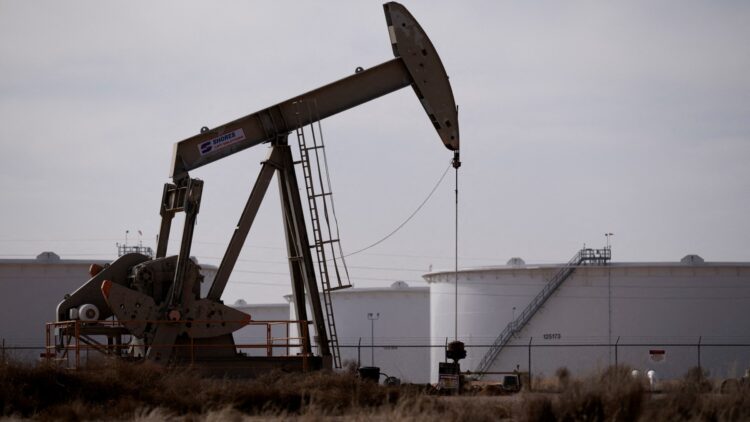Things are going pretty well for Pakistan and its relationship with the USA. Debates on the energy supply are never-ending, and many decisions are notable for their symbolic meaning and timeliness. One such instance is Pakistan’s action to obtain its first-ever oil shipment from the US. Beyond the news, this new agreement is about much more than gasoline; it’s a reflection of shifting international alliances, economic pressures, and the necessity for nations to secure stable energy sources in volatile markets. It is a sign that two opposite nations can come together for their benefit, and we can see it now.
October is the month when Pakistan will import 1 million barrels of oil from the USA
Pakistan’s largest refiner Cnergyico CNER.PSX will import 1 million barrels of oil from Vitol in October, Cnergyico’s Vice Chairman Usama Qureshi said on Friday, the country’s first-ever purchase of U.S. crude following a landmark trade deal. The West Texas Intermediate light crude cargo will be loaded from Houston this month and is expected to arrive in Karachi in the second half of October, he said.
The refiner, which has been operating at an average refinery run rate of 30% to 35% due to tepid local demand, is betting on growth in demand for oil products. Qureshi told Reuters, adding that Vitol was its long-term trading partner,
“This is a test spot cargo under our umbrella term agreement with Vitol. If it is commercially viable and available, we could import at least one cargo per month.”
The tariffs for Pakistan were threatened, until they came to an agreement
The deal follows months of negotiations that first began in April, Qureshi said, after United States President Donald Trump threatened to impose 29% tariffs on imports from Pakistan. Qureshi said Pakistan’s finance and petroleum ministries encouraged local refineries to explore U.S. crude imports after the April tariff announcement.
Vitol did not immediately respond to a request for comment sent outside of office hours. On Thursday, Pakistan hailed a trade deal struck with the United States, its top export market, and said the agreement would increase investments. The White House said on Thursday the U.S. would charge a 19% tariff on imports from Pakistan.
A significant shift from the usual and traditional oil supply paths
Pakistan’s energy strategy has been tightly linked to suppliers such as Saudi Arabia and the United Arab Emirates for many years. Due to its close vicinity, established routes, and known contracts, Middle Eastern oil has become the mainstay of Pakistan’s fuel supply. However, relying on a small number of sources carries concerns as global competition increases and energy costs rise.
A key China ally, Pakistan, has been wooing Trump after he threatened tariffs. It credited U.S. diplomatic intervention for ending recent hostilities with neighbouring India and nominated Trump for the Nobel Peace Prize. Oil is Pakistan’s biggest import item, and its shipments were valued at $11.3 billion in the year ended June 30, 2025. Unlike shippers seeking to drop Nayara oil contracts, it is looking good for Pakistan.
“Gross refining margin is on par with Gulf grades, and no blending or refinery tweaks are required,” Qureshi said.
Cnergyico can process 156,000 barrels of crude per day and operates the country’s only single-point mooring terminal near Karachi, enabling it to handle large tankers, unlike other refiners in Pakistan. The company plans to install a second offshore terminal to allow larger or more frequent shipments and to upgrade its refinery over the next five to six years, Qureshi said. Who knows, perhaps the relationship between the USA and Pakistan can grow and become like Turkey and Iraq, as Turkey is submitting a draft proposal to Iraq to renew and broaden the energy pact.

